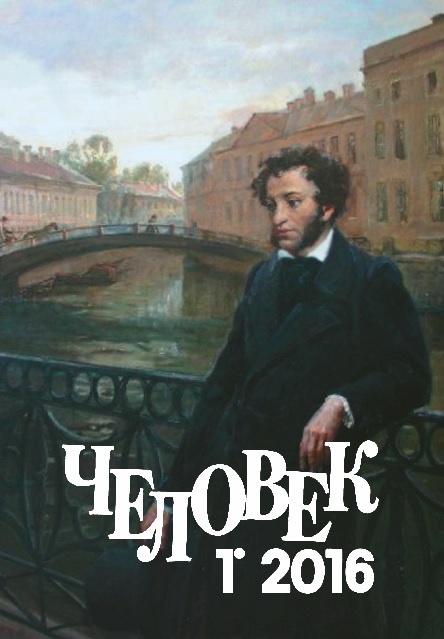Ольфакторные элементы в наследии Василия Великого
Ключевые слова:
Каппадокийская школа, ольфакторные элементы, запах, тринитарная формула, пневматологияАннотация
Анализируется назначение ольфакторных элементов в наследии Василия Великого (Кесарийского, ок. 330-379 гг.). Василий Великий представляет масштабную теоцентрическую проекцию космического бытия. Человек у него - существо, вступающее в гносеологические отношения с миром и пытающееся осознать себя. Обоняние помогает постигнуть полноту бытия, что особенно актуально для текстов, в которых прославляется Божье величие. Применение искусственно созданных ароматов, по мнению святителя, уместно в богослужении, а в быту нежелательно, хотя и свидетельствует о тоске человека по раю. Сравнения с ольфакторными ремами, метафоры с производным значением “аромат” помогают богослову доказывать благую суть христианства. С практической точки зрения внимание к одорическим подробностям объясняется риторическими принципами: оратору необходимо владеть искусством вербальной трансформации ощущений, воспринимаемых через органы чувств. В концептуальном плане сосредоточенность святителя на ольфакторной сфере обоснована установкой на познание человеческой сущности и окружающего мира, а также заинтересованностью в вопросе о способе исхождения Святого Духа.






